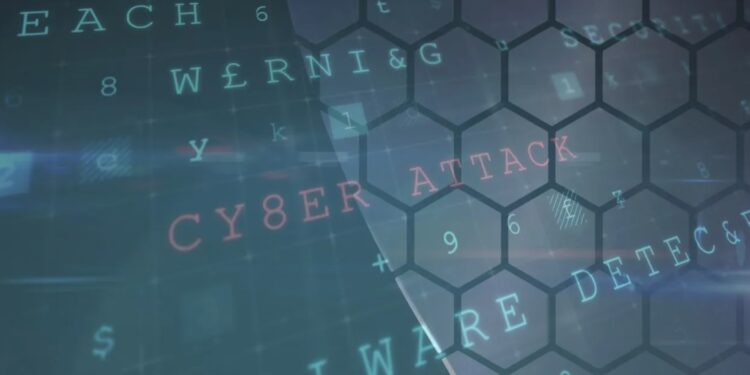The ongoing conflict between Israel and Iran has rapidly expanded beyond conventional battlefields, morphing into a complex hybrid war characterized by a significant escalation in cyberattacks and sophisticated disinformation campaigns, according to a recent report by cybersecurity firm Radware.
The firm’s analysis highlights how both nations are leveraging their advanced digital capabilities, with alarming implications for regional stability and potential global spillover.
The Radware report, released this week, underscores that the conflict, which intensified following Israel’s “Operation Rising Lion” on June 13, 2025, has triggered a sharp surge in cyber warfare. Iranian state-sponsored hackers and allied hacktivist groups have unleashed a torrent of operations, targeting critical infrastructure with espionage campaigns, Distributed Denial of Service (DDoS) attacks, ransomware, and destructive wiper malware.
Simultaneously, coordinated influence operations, heavily amplified by AI-driven botnets and disinformation networks, are actively working to undermine public confidence and inflame regional tensions.
One particularly concerning aspect highlighted by Radware is the weaponization of disinformation. Shortly after hostilities broke out, Israeli citizens received alarming, yet false, text messages, spoofed to appear from Israel’s Home Front Command. These messages, falsely claiming fuel shortages or imminent terrorist attacks, were designed to sow panic and discord on the home front.
Analysts suggest Iran’s top-tier hackers may be holding back more devastating cyber weapons, potentially waiting for further escalation. However, given Iran’s reduced military capacity after recent Israeli strikes, cyber operations are becoming an increasingly attractive asymmetric alternative.
The report notes a significant surge in hacktivist activity, with a majority of operations skewing heavily in favor of Iran. These groups are engaging in website defacements, service disruptions, and data leaks, all aimed at scoring propaganda points. Beyond state-sponsored actions, a global swarm of hacktivist groups has mobilized, further complicating the cyber landscape.
Radware warns that the ongoing cyber conflict poses a growing risk of regional destabilization and potential global spillover. Organizations worldwide are urged to maintain maximum vigilance, as critical infrastructure, supply chains, and even global businesses could become collateral targets if the digital crossfire intensifies.
The 2025 Israel-Iran conflict serves as a stark illustration of modern hybrid warfare, where bytes and narratives are as integral to the fight as bombs and missiles.










![Online Scam Cases Continue to Rise Despite Crackdowns on Foreign Fraud Networks [Myanmar] Online Scam Cases Continue to Rise Despite Crackdowns on Foreign Fraud Networks [Myanmar]](https://sumtrix.com/wp-content/uploads/2025/06/30-12-120x86.jpg)





